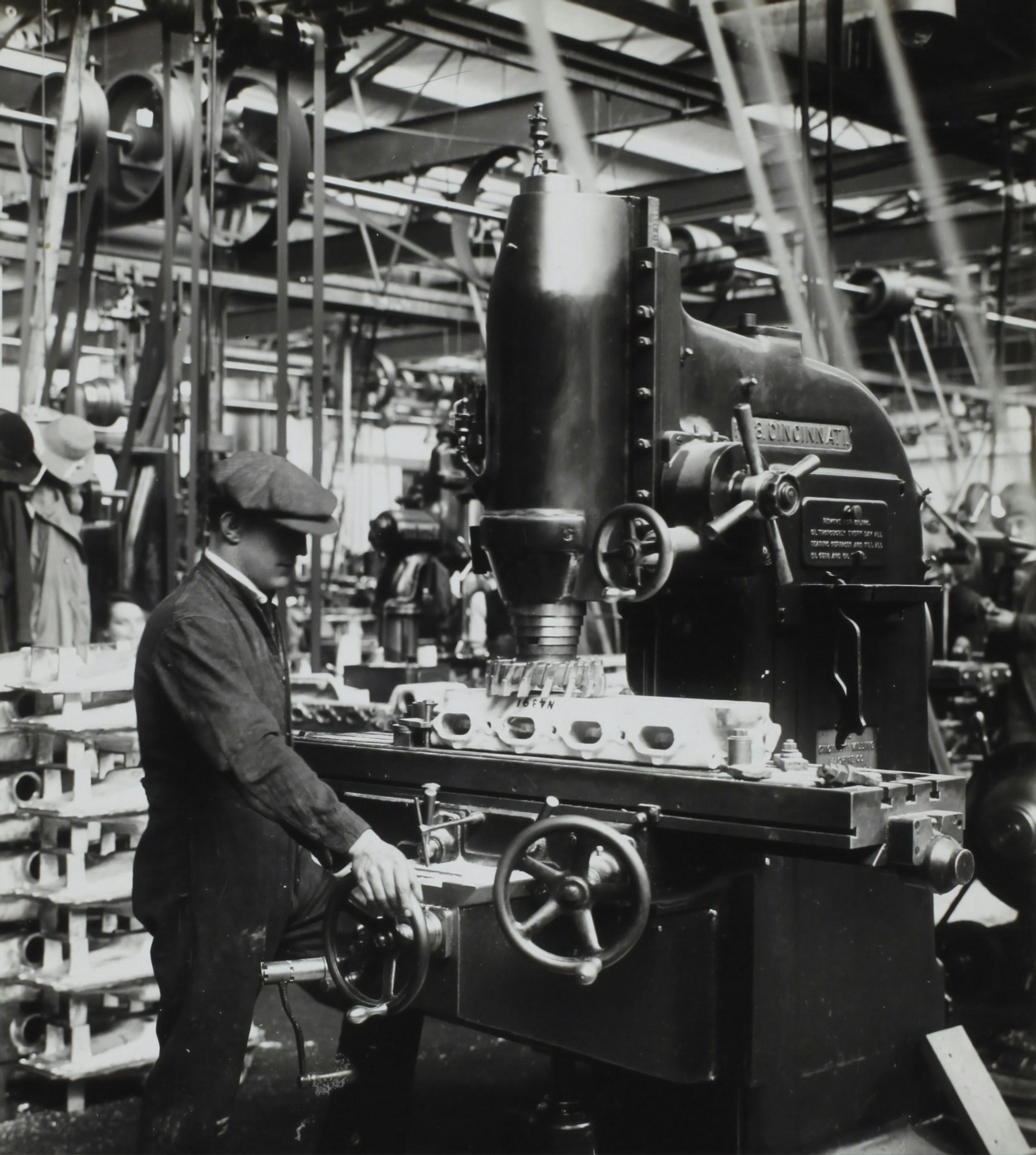
In today’s competitive landscape, manufacturers are constantly seeking ways to enhance their production processes and drive efficiency. Discover how lean methodologies can transform your manufacturing processes for the better by focusing on the elimination of waste and the optimization of resources. Lean principles not only streamline operations but also foster a culture of continuous improvement, empowering teams to identify and address inefficiencies more effectively. By integrating these methodologies, businesses can achieve higher levels of productivity and ensure sustained profitability.
Understanding the key principles of lean methodologies is vital for manufacturers aiming to boost their operational performance. These principles emphasize maximizing value for customers while minimizing unnecessary resources, time, and costs. In this blog post, we will explore the fundamental concepts of lean methodologies, examine their profound impact on efficiency, and delve into real-world success stories that showcase their transformative power in the manufacturing sector. Join us on this journey to unlock the potential of lean practices and elevate your operations to new heights.
Discover how lean methodologies can transform your manufacturing processes
Embracing lean methodologies has the power to revolutionize your manufacturing processes by eliminating waste, enhancing efficiency, and fostering a culture of continuous improvement. By focusing on value-adding activities and streamlining operations, businesses can significantly reduce production time and costs. Lean principles advocate for the systematic identification of non-value-added steps, enabling organizations to pinpoint inefficiencies and implement targeted solutions. As a result, manufacturers can optimize their workflows, deliver higher quality products, and ultimately enhance customer satisfaction.
Furthermore, lean methodologies encourage collaboration and engagement among all employees, from the shop floor to the executive level. When teams adopt a shared commitment to identifying and solving issues, innovation flourishes. This collaborative approach not only cultivates a sense of ownership and accountability among workers but also leads to better communication and teamwork. By actively involving staff in the lean transformation journey, companies can create a responsive and adaptable organization ready to respond to market changes. Discovering how lean methodologies can transform your manufacturing processes can provide long-lasting benefits that drive success and competitiveness.
Key principles of lean methodologies and their impact on efficiency
Lean methodologies center around a few core principles that significantly enhance manufacturing efficiency. At its core, lean emphasizes the elimination of waste—anything that does not add value to the end product. By streamlining processes, manufacturers can reduce lead times and costs while improving product quality. Techniques such as value stream mapping help identify bottlenecks and inefficiencies within the production process, allowing companies to implement targeted solutions. Additionally, the focus on continuous improvement, or kaizen, empowers employees at all levels to identify areas for enhancement, fostering a culture of innovation and accountability.
Another crucial aspect of lean methodologies is the focus on delivering value to the customer. By understanding customer needs and expectations, manufacturers can better tailor their processes to ensure optimal output. This customer-centric approach can lead to improved customer satisfaction and loyalty, ultimately driving sales and profitability. Furthermore, lean practices such as just-in-time (JIT) inventory management help minimize excess stock, reducing storage costs and the risk of obsolescence. Together, these principles not only enhance operational efficiency but also align the entire manufacturing process with the overarching goal of delivering the highest value to customers.
Real-world success stories: Transforming manufacturing with lean methodologies
Many manufacturers have successfully integrated lean methodologies into their operations, leading to remarkable transformations. For instance, Toyota is often cited as a pioneer in lean manufacturing, adopting the Toyota Production System (TPS) to eliminate wastes and improve overall efficiency. By streamlining production processes and fostering a culture of continuous improvement, Toyota reduced inventory costs significantly, shortened lead times, and enhanced product quality. This not only solidified the company's reputation for reliability but also positioned it as a leader in the highly competitive automotive industry.
Another compelling example comes from Boeing, which faced production challenges with its 787 Dreamliner project. By implementing lean methodologies, Boeing managed to cut assembly time drastically and optimize its supply chain. The company employed techniques like value stream mapping and standardized work processes to identify bottlenecks and enhance collaboration among teams. As a result, Boeing achieved a more efficient production cycle, reduced costs, and improved delivery timelines, showcasing how embracing lean principles can lead to substantial advancements in manufacturing processes.